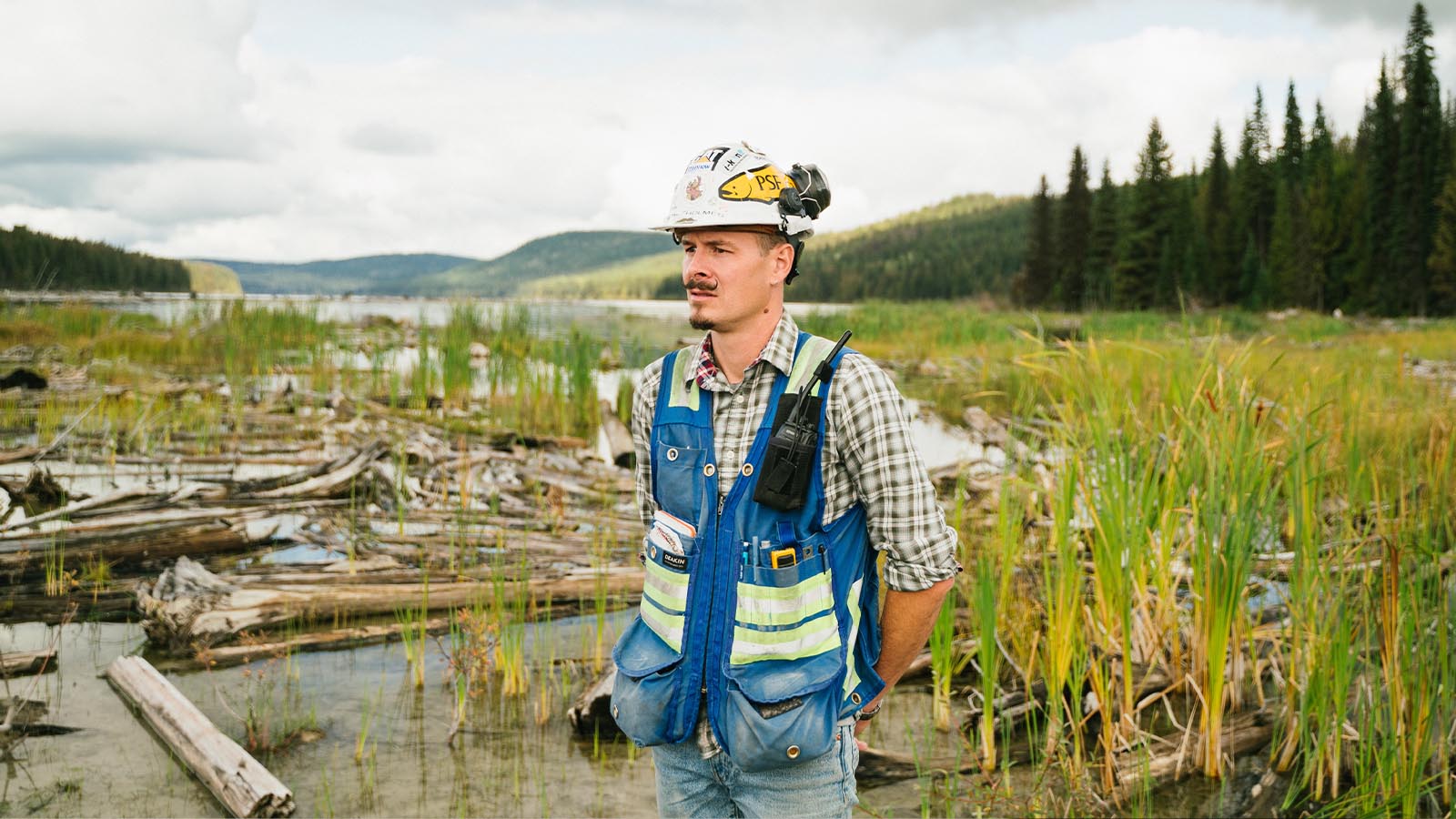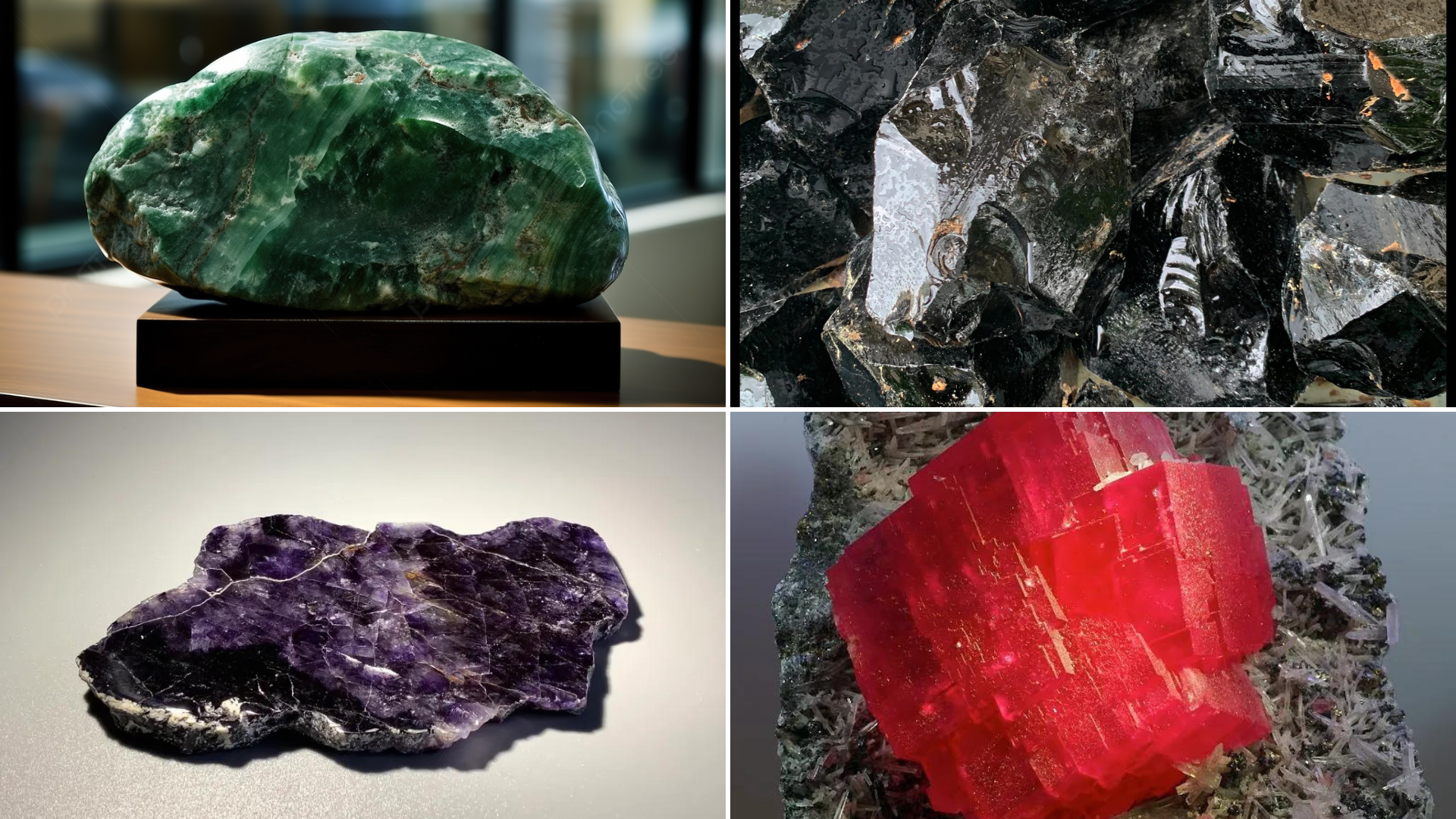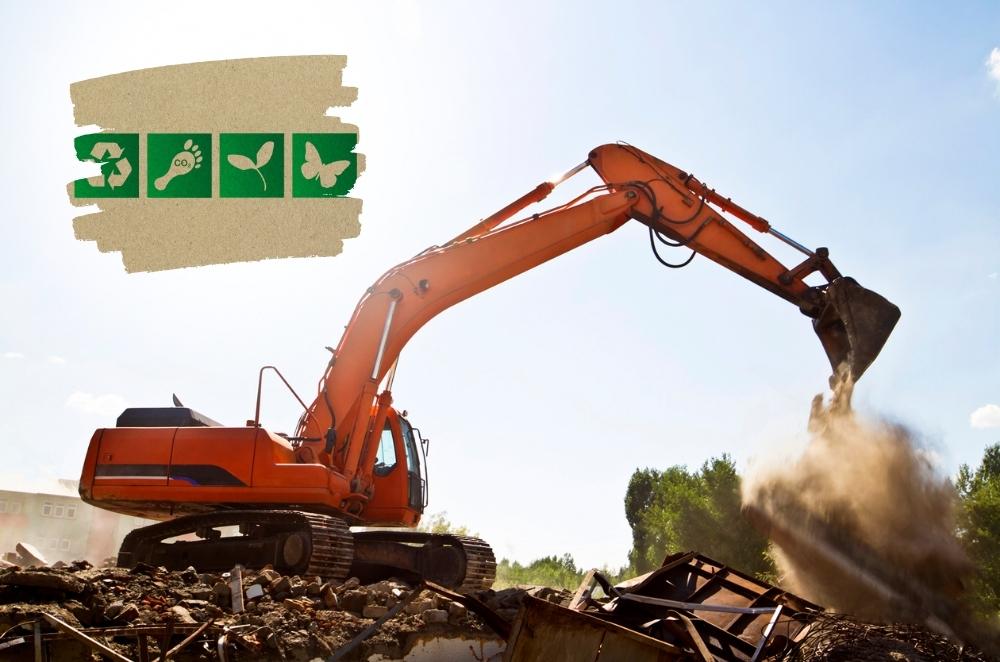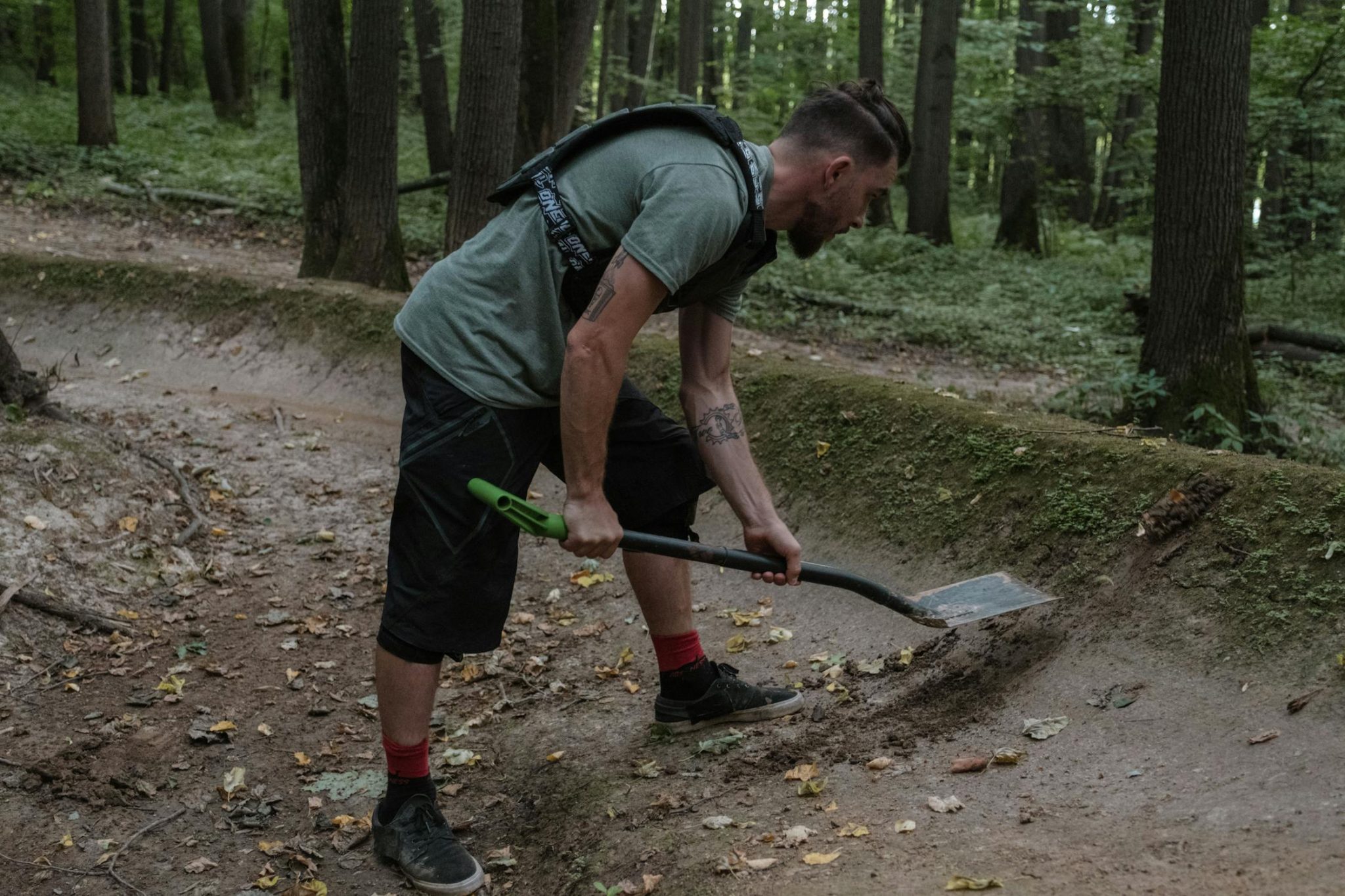
Globally, environmental consciousness is on the rise. With it, the demand for careers that contribute to sustainability increases.
You might view environmental professionals as lifelong “tree huggers” who went into the field to save the world from big, bad industries. But the reality is much different from this stereotype. In fact, many professionals have experienced unexpected career journeys. Need and opportunity have caused them to build a green career on their existing experience.
Below, we will discuss a number of careers that often unfold in unexpected ways. If you’re in the market for a career change, you might be inspired to pivot into an environmental career in your field.
Environmental Specialist
The role of an Environmental Specialist is likely not what you’d expect. Most Environmental Specialists are not scientists in khakis trekking around the outdoors—thought they might venture to take soil and water samples. They work in factories, corporate offices, and other locations vital to their diverse industries.
Their job includes drafting, implementing, and monitoring company policies that ensure the conservation of the environment—overseeing recycling or wastewater measures, for example—but it does not end there. They are also tasked with ensuring safe working conditions for all employees—through sanitation measures, HAZMAT removal, and OSHA compliance, for example. They must have good leadership and communication skills to train others.
For this reason, Environmental Specialist is a good pivot for those working as Safety Managers. Prior knowledge of your unique industry will give you an additional edge.
Sustainability Consultant

Sustainability Consultants help businesses, organizations, and projects to operate in more environmentally friendly ways. For example, they might audit the business’s practices and suggest strategies for cutting energy consumption, reducing carbon emissions, disposing of hazardous materials, or obtaining environmental certifications.
Not only do sustainability consultants need to understand environmental science—they also need business acumen, a comprehension of regulatory frameworks, and a knowledge of construction trades ranging from electricity and HVAC to landscaping.
Facade Engineer
Have you ever heard of a Facade Engineer? Most people haven’t. Facade Engineers are responsible for a very specific aspect of engineering and construction. They design the exteriors of buildings and bring them to life.
This career combines creative architecture, technical aspects of construction, aesthetics, and often, sustainability principles. For example, a Facade Engineer might decide to include vegetation in his designs to help keep structures cool and limit water runoff. Or he may design a building to withstand adverse weather conditions. This can include thermal insulation techniques that allow for better temperature regulation, thus using less energy on heating or cooling.
Environmental Lawyer
Environmental Lawyers focus on legislation and policy concerned with environmental topics such as land use, conservation, pollution, and climate change. Their clientele can be diverse, including individuals, corporations, and governments.
In addition to a grasp of the law and proper licensure to practice law, a background in business, construction, engineering, or even politics can be a useful pivot point. Environmental lawyers may also need to conduct field studies and perform scientific tests. A research intern borrowed from a local university might fall in love with the law practice and merge studies in law and science.
Urban Planner

Urban Planners are tasked with developing urban land use programs to promote the well-being of communities as well as sustaining the environment. Their projects include neighborhood planning, establishing green spaces, mapping roads, and establishing sustainability protocols for building projects.
A background in government or civic careers can be useful, as urban planners often work with government agencies and the general public. Construction backgrounds are also useful because they provide a deeper understanding of the infrastructures under consideration.
Sustainable Materials Specialist
Many businesses have Procurement and Logistics Specialists who source materials and make sure they arrive when needed. When businesses go green, these professionals can easily transition to the role of Sustainable Materials Specialist.
Sustainable Materials Specialists identify and encourage the use of eco-friendly materials. Often, they work in the construction field, but they are also needed in manufacturing. The types of materials sourced depend on the industry—it could be concrete, textiles, foodstuffs, plastic, etc. They may also be tasked with reducing the carbon footprint of materials transport.
Sustainable Materials Specialists must stay up-to-date on materials science advances related to their fields. Sometimes, they may pivot from other skilled backgrounds. For example, a thermal engineering background can contribute vital knowledge to the sourcing of insulating materials for eco-friendly buildings.
Key Takeaways
Environmental careers are often achieved through diverse and unexpected means. They are often built on backgrounds in scientific research, construction, engineering, law, politics, and advocacy.
Environmental professions are enjoying increasing demand across industries. If you’re contemplating a career change, consider pivoting to a green career that builds on your existing experience. Not only will you discover a fulfilling job, but you’ll position yourself to truly make a difference in the world.
















































































































































